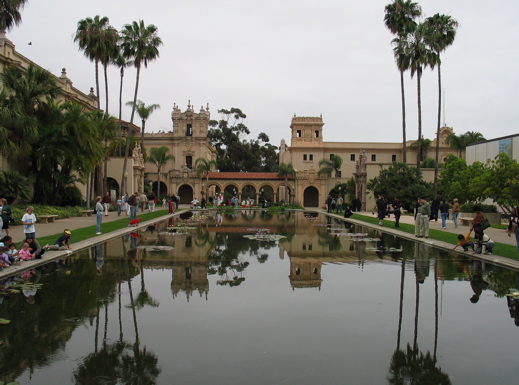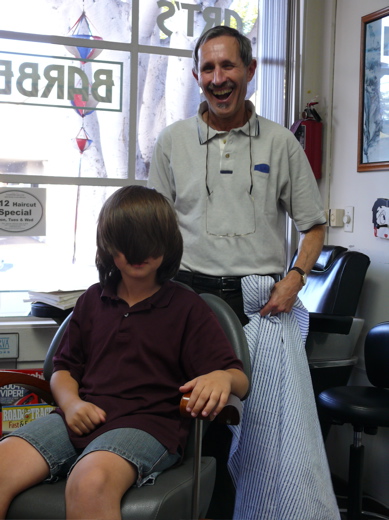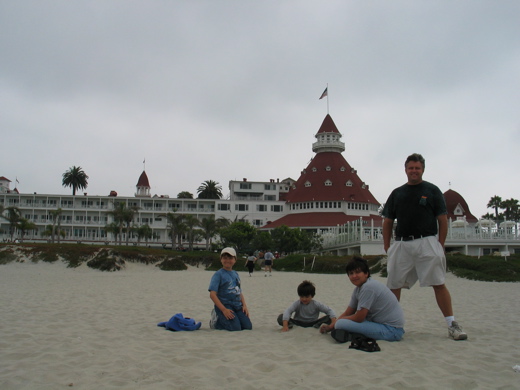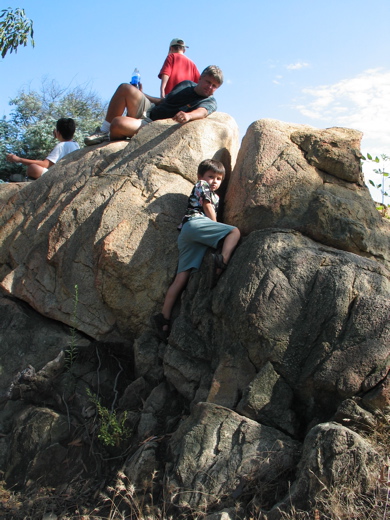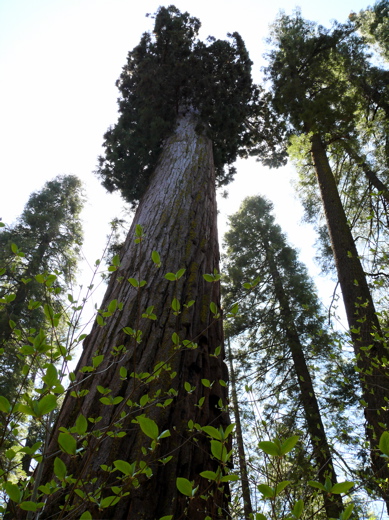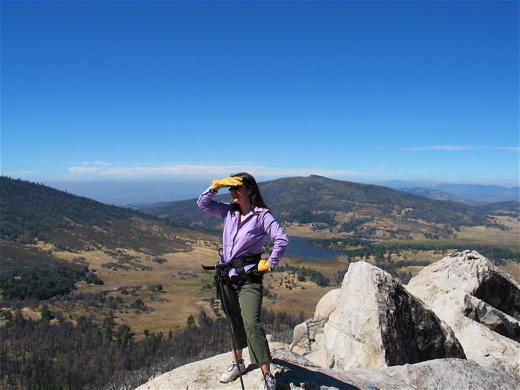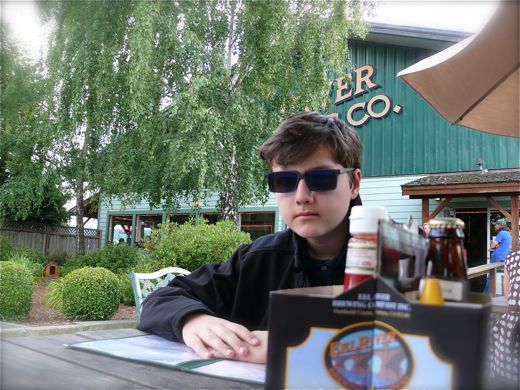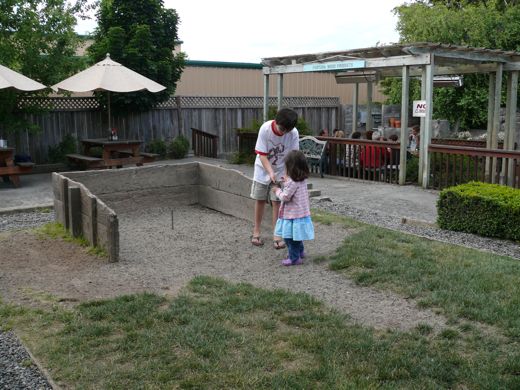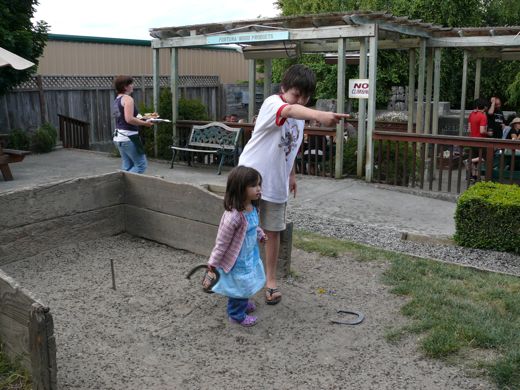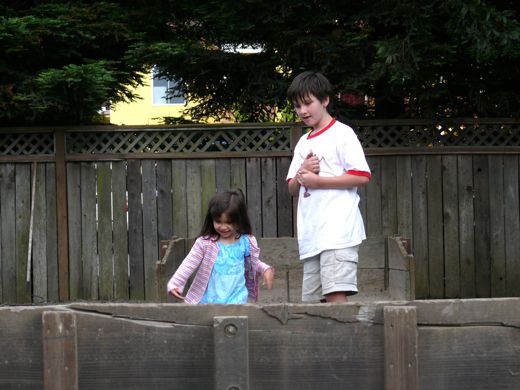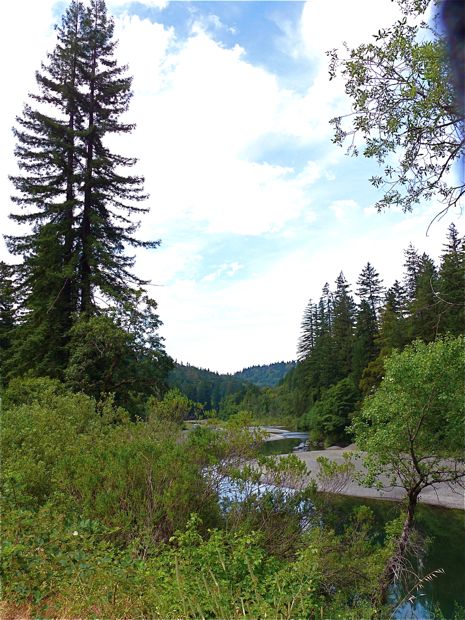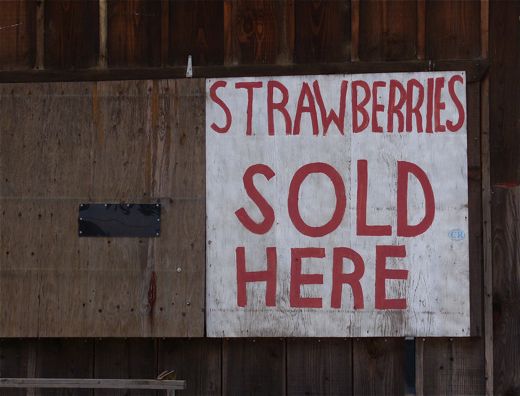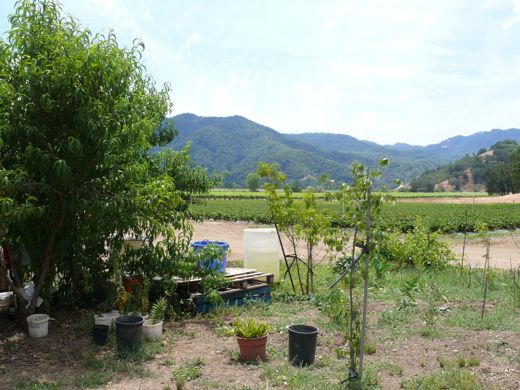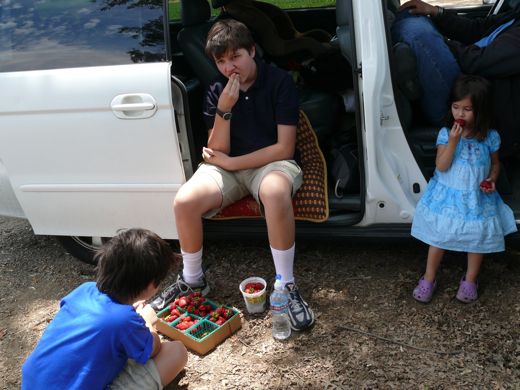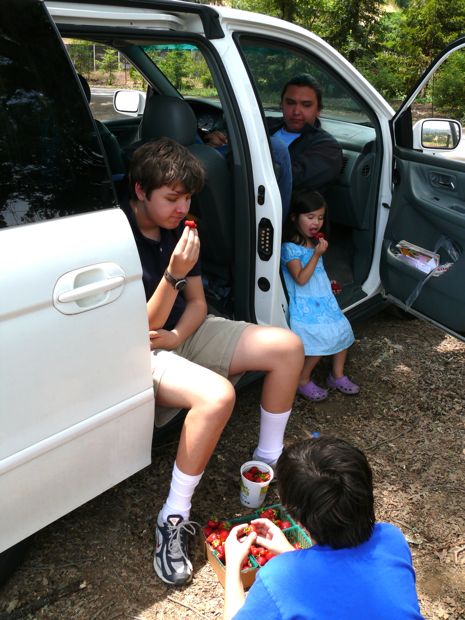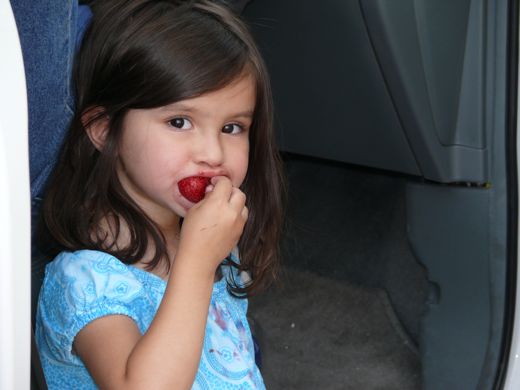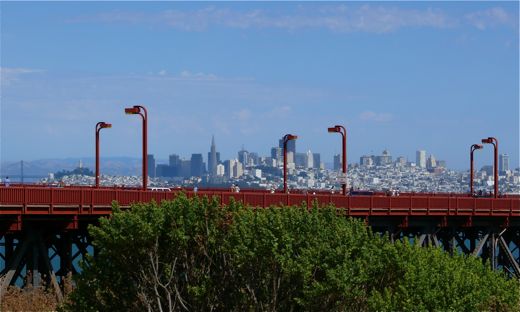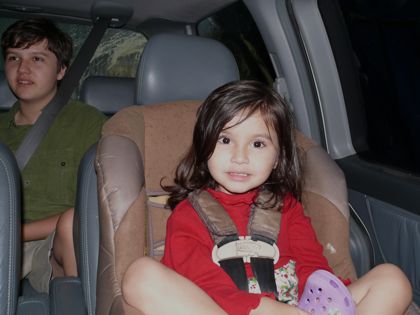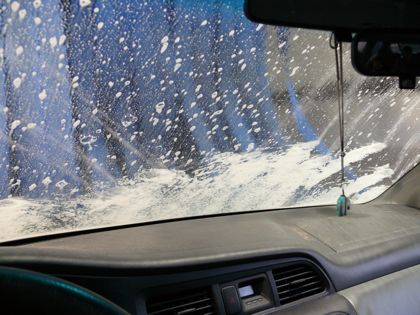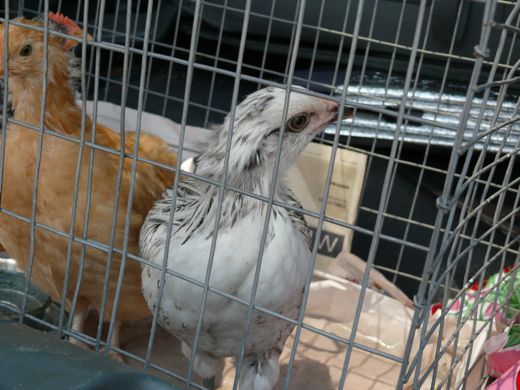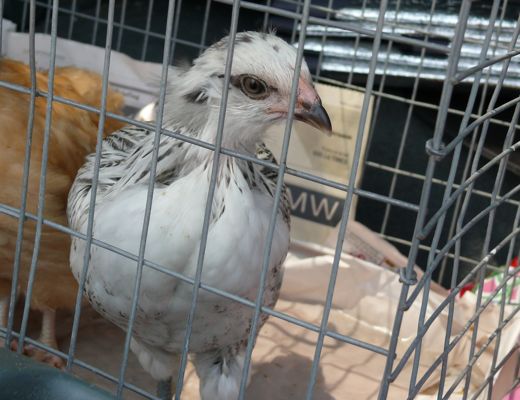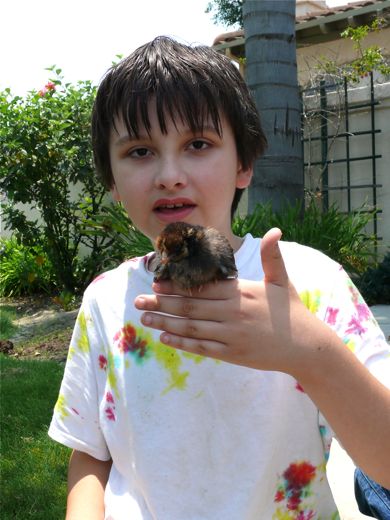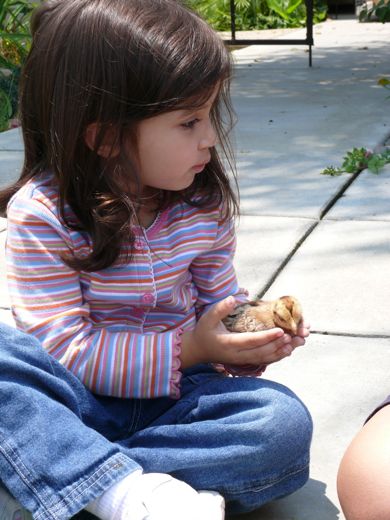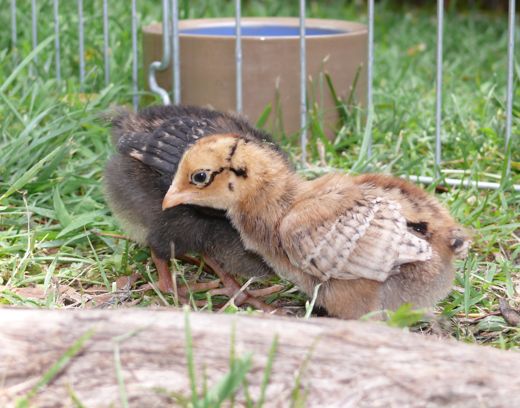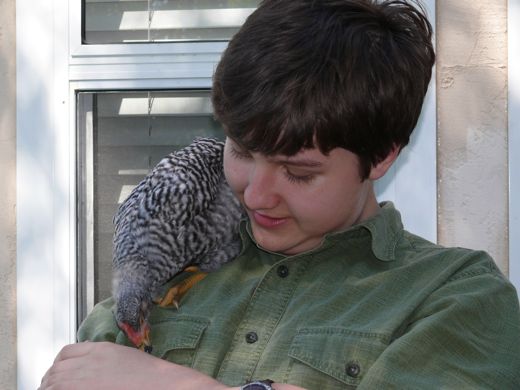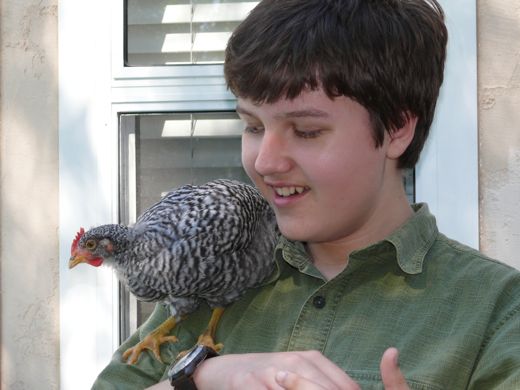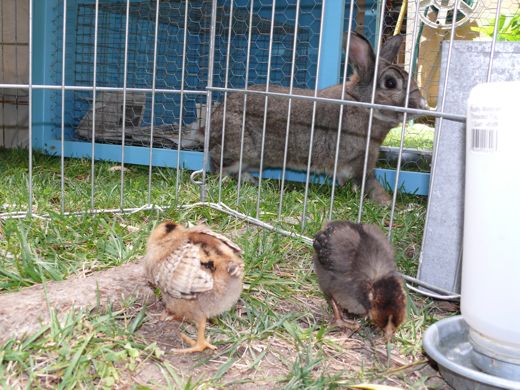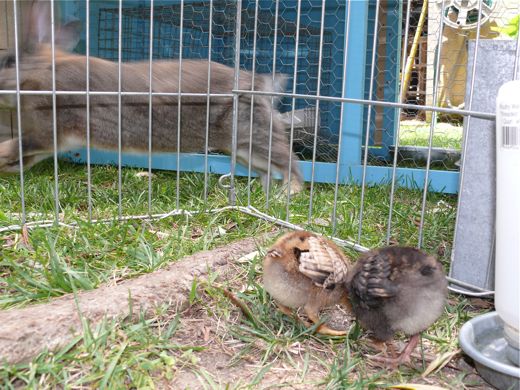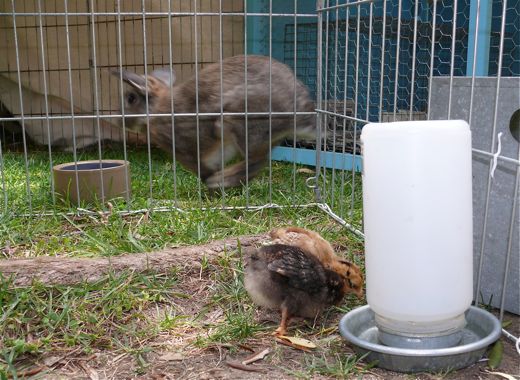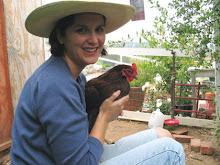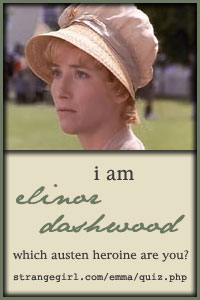
I should have learned to speak Spanish. I wish I were fluent. My mother insisted it would benefit me. My tias and tios implored me to learn Spanish, and mocked me too. I absorbed enough to ache for more. I learned enough to know that I am missing entire stories and insights. I understand enough to feel a profound connection to phrases and concepts, to emotions and spiritual convictions that I am powerless to explain en español or English.
I believe I am as much a part of Mexico and my family, the piedras del campo, as I am a part of my own children, my life in a suburban home with suburban experiences, but I do not know it.. I have always wanted to write about Mexico, El Valle, about border crossings and crossing cultural borders, about tortillas de harina, Seris, Opata, iglesia, and being an outsider here and there. I never have, not significantly, because I was afraid of messing it up, getting it wrong, missing important details, overstating insignificant bits. My story might be false memory and lies. My story might not ring true, or it could be too true.
I used to dream of knowing enough Spanish to glean the truth, the whole story, and I knew my abuelo was the source I needed to visit for those stories, for the genealogy, the adventures and history of a family and region, for a time rich in intrigue and improbable truths. I used to dream of writing all of it down and knowing the stories so well, that no one could doubt that I belonged too. No border or barriers, no lack of knowledge or cultural missteps would deny me access to that elusive feeling of belonging.

When I was a very little girl I was taken to El Valle de Tacupeto, 2 or 3 times. I don't know. I remember eating oranges and my first recollection of the smell of a cut orange is standing at La Mesita, with my Mom, waiting to board a small plane. I was there for my 5th birthday and received a harmonica. What happened to my harmonica? My brother Bill was a baby, we went to church, there was a wedding and a death. The river was flooding the dirt roads that cold winter. It seems like the river has always been flooding the roads.
I went 3 more times when I was a bit older... 11, 12, then 14 years old. By this time my parents were divorced, and I was traveling with my abuelo, then my tia Magali, then my tio Elias took us. Those first times were by bus. From Tijuana we traveled through the night for 12 hours to Hermosillo. It was hard to wake-up for the check-stops. I was always fearful of the bus leaving without us. We would be alone in the Sonoran desert, which wasn't really any less familiar than that bus. In Hermosillo we would wait to board another bus. The first bus was like a tired, old Greyhound. The next bus was like a tired, old, dangerous school bus. Not yellow and swept, but blue and red and yellow, dusty, crowded. We sat on fruit crates in the back. Were there live chickens on the bus? Is that my memory or something lingering from an old movie? I think there were live chickens. There were twine wrapped boxes, which served as luggage and there were stops in the middle of nowhere, so we could pee in the bushes. There were hours of narrow dirt roads, and river crossings. The entire journey was at least 20 hours long. One trip finished in the bed of a large truck, when the bus came to one river it could not cross.
On our last visit to El Valle we drove to Nogales, Arizona, crossed and continued to Hermosillo. No more bus rides. No more Sonoran summers and Sonoran heat. We went in November. Where is the bridge, the one over the river? Is it Rebeico? Is that where we cross, where the bridge is like a passage back in time and memory?

The new roads cut the travel time down to 16 hours. It's such a luxury traveling in our own car. This long ride is one that my abuelo made by horseback. There were no roads then. There were Yaqui to hide from. On this trip to El Valle we faced nothing more daunting than cattle in the road.

My grandfather was a musician and he travelled with a band, playing from pueblo to pueblo. Music for dances. Music in the placitas, for weddings and festivals. His father had traveled too and came home with a Bible. My bisbuelo Gabriel gave his land for the church. The church that shares the backyard of my grandparent's home today. And when my abuelo Ismael gave up being a musician, he came home to herd cattle, to milk vacas and to plant the mule-plowed fields. I remember shelling peanuts for planting, eating watermelon from the field, washing potatoes, picking chiles. I remember chewing on stringy, sweet cuts of sugar cane and watching my grandmother grind corn for tortillas.

When I see cows, I see vacas and I hear a guitarra. I see the nata scooped from the top of a pail of fresh milk... fresh, sweet cream. I can taste the cheese my abuela makes. The white rounds of cheese, the salty cheese crumbled over a bowl of beans. When I see vacas I think of my abuelo walking to the family ranch, El Ojo de Agua, early in the morning, returning with a pail of milk for our breakfast. It's a song, words I cannot speak, but the tune is in my soul.

We ride through many towns to reach home. Bacanora, the town, not the drink... though they are synonymous. Sahuaripa. And Arivechi. We get closer and closer. We see the Cerro Cabezón.

After Bamori comes El Valle de Tacupeto, and abuela and abuelo. There will be hugs and kisses and welcome. It is a comfort to find a familiar door and familiar faces, the same walls and trees, the sound of coros coming from the church, the certainty of a place that comes to me in my dreams.

November 2003. Alex in his abuelo's embrace. Home in Mexico, where we will cook by fire, and sleep on burlap cots. Where the doors are unlocked and every neighbor is familia or at least knows who I am related to... hija de... nieta de... sobrina de... Everyone knows the relations and connections. Home in Tacupeto.

They were married for 70 years. They have 8 children, grandchildren, great-grandchildren. I have never said it, but I feel a kind of pride and specialness, because I am the first grandchild. It doesn't matter, not really, but when I was a child it gave me tremendous pleasure to think of it. I held to a secret belief, unfounded by anything but my romantic imagination, that being first entitled me to something good, to a promise and security. Maybe someday I too would have a rancho and vacas, grind, corn, keep chickens, make tortillas. The clouded line between beliefs and knowledge can be untested, and now that I think on the truth, and not my childhood fantasies, I am amused and saddened. I am not sure why.
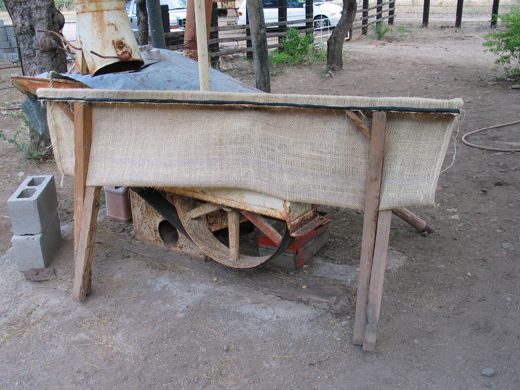
Catre. I wasn't sure I was saying this right... catre... cot. We slept on them for weeks at a time when we were children, spending summers in Tacupeto. My brothers and I each had a burlap cot to sleep on in the open patio. I remember we would pull thin sheets over our bodies, then turn on our flashlights to see what might be crawling across the ceiling. Think of the suspense and squeals as we lit a creepy crawly scene of overhead cockroaches, mosquitos, scorpions and beetles. We'd scream and pull our sheets over our heads! I do not miss the anxiety, the fear of something falling in the dark night, but I miss catres. I miss sleeping on the porch, hearing burros bray and abuelo snore. I miss waking in the morning to the music of crowing gallos, more donkeys, cows calling to be milked, and the beautiful rhythm of my abuela's hands making tortillas. There is more love, beauty and will, in the sound of my abuela's hands clapping masa for her wonderful tortillas, than in any symphony.

Her tortillas were never rolled out, but were formed between her soft, capable hands. My grandfather kept an ample wood supply available for cooking and baking, for heating water. And my abuela kept the fires burning so she could feed us tortillas, beans, enchiladas, gallina pinta, pozole, atole, empanadas. Food is more plentiful now, than it was in those summers when my brothers and I sustained ourselves with tortillas, beans, beans and tortillas, and either watermelon, or chiles or potatoes... whatever was being harvested at the time. And leche and leche con Nesquik. Markets and pantries are not what we are accustomed to here.
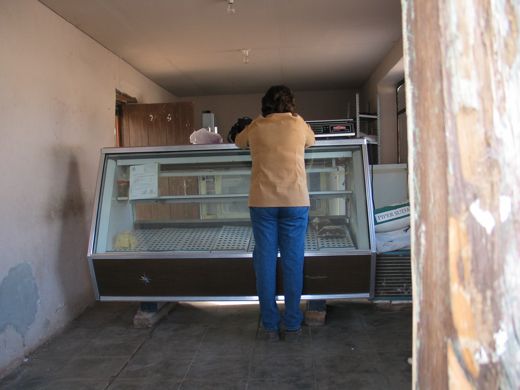
It is a strange gift to know hunger, or at least to know longing for something more. Now, when I cannot decide what to eat or what to buy, I can appreciate how ridiculous my quandary really is.
The summer that my tio Memo was growing chiles, chiles was all we heard about, saw or ate... besides the usual staples, and chiles were everywhere. We even tried our hands at picking chiles, a job whose appeal was lost very quickly. My cousin, RosaMaria and I were passing the hot, humid afternoon together, looking for places to be, for diversions. Times like these often found us down at the river, wading, or up to La Mesita just for the stroll, but on this particular day we were hungry. Having had fried chiles, roasted chiles, chiles con huevos, chiles con frijoles and every other kind of chile dish, we thought, "Why not raw? Crudos."
It was a good question, but not a good idea to execute. These chiles, mild, almost sweet when cooked, proved to be so painfully, fiercely hot when we bit into them, that we were overcome with the pain. It began on the tongue, a burning, like embers. Then we quickly realized that the sensation was moving to our throats, to our noses and up to our cheeks, so that our heads were blazing with cactus pricks, with fiery torture. Water only spread the fuel. We ran to the little store, and we stared at each another in painful sympathy when we came up to the shut doors... shut for siesta meant no chicle to cool our torment. I wonder if we told anyone. Our agony would have been a great amusement for everyone else.

My abuelos have a home in town. It is made of adobe, like all (most) buildings, and it has a walled yard. In this picture Geoff is walking toward the river, away from my tia Armida's home and towards my abuelo's home. This is the way RosaMaria and I travelled back and forth between our houses. With summer rain, the road can become a river itself, emptying out down the way, passed Ma' Juana and Pa' Chico's little house... where their little house once stood.

My great-grandparents, the ones that raised my abuela when she was orphaned as a baby, lived in a small adobe facing the church. I used to sit with Ma' Juana, in her cool, thick walled home. With a gourd she would draw cold water from a clay pot and serve it to me in a tin cup. The room where she cooked was dark from smoke, from years of fire cooking. In the corner was dry corn, and stalks of cane. I remember when she butchered a hog and was in the yard mixing soap. Soap that smelled of pork rinds and felt as greasy... eeew! I was so enchanted with her. She was small, her hair was long and still mostly black. She slept on a cot too, and had no more than 2 or 3 chairs, a small table. I promised her the moon and the stars. I wanted to bring her a prism, so she could have rainbows dancing on her bare walls. Pa' Chico was almost as small, but no less strong. He walked to his rancho too, every morning and it was further than Ojo de Agua.

In the walled garden of my abuelo's home is an orno, a clay oven, flowers, trees, and the pila where abuela used to wash clothes. I washed clothes there too. One side was filled with water and the other side had the lava rock that was there to beat the clothes upon, and water drained into the garden from the little hole at the end. Everything was hung in the sun and brought in before the monsoonal rains in the afternoon. My great-grandmother's soap was famous for getting clothes very clean, but with hunks of pork in it, one had to guard it from hungry dogs. It was poisonous of course. I like bacon, but I can honestly say I was never tempted to sample the soap.
When I was 11 years old, and my abuela did all of the washing, I loved to be by her side and watch her bale water over the sudsy clothes. It smelled good near the lemon tree, and felt cool with the water splashing. She washed and hung all of our garments and they dried quickly in the sun. They came very clean with her vigorous scrubbing on the worn stone of the pila. How many times had my dresses and p@nties been dashed and wrung by hand?
My abuelo brought us home on the 2 same busses we had ridden to El Valle, and we arrived in Tijuana so early in the morning that the sun was only beginning to show. We each had our own duffel to carry from the bus to the street, where we would await a ride from my tio. It took both hands to manage my duffel and besides this heavy load, I was really not all together awake. That may account for the fact that it took me a moment to realize that my p@nties were around my ankles, having slipped down. I hauled them up in a flash. I was confused and embarrassed, the bus terminal was mostly empty and I consoled myself that no one witnessed. And I resumed the task of dragging my bag, trying to keep up with my brothers and abuelo, and my undergarments slipped again. I caught them between my knees, shimmied them up, and shuffled carefully, keeping my legs locked together. Mine was a slow, awkward and mortifying gait, that I could not properly explain to anyone. It seems that 5 weeks of thrashing my underwe@r clean on a stone made of lava had completely undone the elastic in them.

Returning to El Valle with my own children, my husband, was one of the best times of my life. I happily found that very little had changed... some of the few changes were sad, like not being able to sit with Ma' Juana and Pa' Chico, or to chat with my tia Ventura... she and I liked to read Reader's Digest en español together. And it would have been a great privilege to visit Maria del Guero... she was one of the oldest woman I think I ever met and she sewed my clothes on a pedal machine. Her patterns for my dresses, skirts and blouses were in her head, she measured me with her fingers. I was keenly aware of the blessing that I could return to this place and still find both of my grandparents... still healthy, still smiling and eager to shower us with their prayers and affection.

I looked on this visit as a tremendous gift, for myself and for the boys. It was their second time in El Valle, and I loved that they were so receptive and enthused about all of the things and sights, the people and experiences that I held dear. We did and saw and treasured as much as we could.

We explored and hiked. We filled our pockets with flint and other pretty stones, crystals and pottery shards. Bits of our past.

We used to hike to this place, to swim. Oh my. The water was just as muddy and uncertain, but it was so hot and the walk home so far we drank this water too. It was delicious. I love how thinking about an event or place can lead to more curiosity. As much as I remember, I am aware of how little I know. How far is this place and how do I spell the name of it?

We sat together. We remembered other days, other nights, other faces and their laughter. I remembered how wonderful it is to sit together... just talking, just sharing each other's company.

I just got a call... everyone is back from Tacupeto, abuelo's funeral. There are many more memories I plan to write about, many more pictures I want to share, but right now I am going to my tia's house, where my abuela is.
Labels: Amor, Cocina, Critters, El Valle, Explorers, Familia, Film, Gratitude, Prayers, Remembering, What I Think



